As of June 16, 2025, the Israel-Iran conflict has escalated into direct military confrontation, marking a significant shift from their decades-long proxy war. Here’s a concise summary of the situation based on available information.
Current Status (June 16, 2025) of Operation Rising Lion
- Conflict Overview: The conflict, now in its fourth day, began on June 13, 2025, with Israel’s “Operation Rising Lion,” a large-scale airstrike campaign targeting Iranian nuclear facilities, military bases, and leadership. Iran responded with retaliatory missile and drone attacks on Israeli cities, including Tel Aviv and Haifa. Both nations have continued exchanging missile barrages, raising fears of a broader regional war.
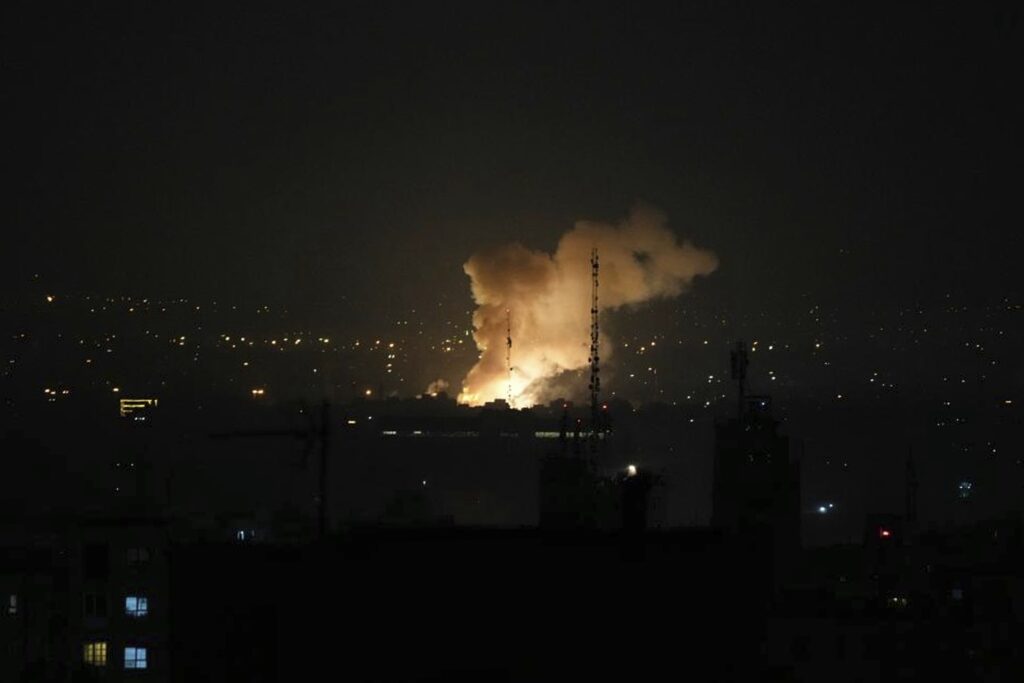
- Israeli Actions:
- Israel launched strikes on over a dozen Iranian targets, including nuclear sites (Natanz, Fordow, Isfahan), military bases, and energy infrastructure (e.g., a gas depot in Tehran).
- Key Iranian military figures killed include IRGC commander Hossein Salami, Armed Forces Chief of Staff Mohammad Bagheri, and nuclear scientists Fereydoun Abbasi and Mohammad Mehdi Tehranchi.
- Israel’s stated goal is to dismantle Iran’s nuclear program and ballistic missile capabilities. Prime Minister Benjamin Netanyahu claimed the strikes set Iran’s nuclear program back “years” but vowed to intensify attacks.
- Israel declared a state of emergency, closed airspace, schools, and banned large gatherings. The IDF called up tens of thousands of reservists.
- Iranian Response:
- Iran launched multiple waves of ballistic missiles and drones, hitting Israeli cities like Tel Aviv, Haifa, Petah Tikva, and Bnei Brak. Notable strikes damaged a Haifa oil refinery, a residential block in Petah Tikva (killing four), and buildings in Bat Yam.
- Iran’s advanced “Haj Qassem” missile evaded Israeli air defenses, causing significant damage.
- Iran’s health ministry reports 224 deaths (90% civilians) and over 1,200 injuries since June 13.
- Casualties:
- Iran: At least 224 killed, including civilians (60 on Saturday, half children), and 1,277 injured.
- Israel: 24 civilians killed, including eight in Monday’s strikes, and over 100 injured (e.g., 42 in Rehovot, 14 in Western Galilee).
- Regional and Global Impact:
- Airspace Closures: Iran, Israel, Iraq, and Jordan closed airspace, disrupting flights.
- Oil Markets: Brent crude rose 2.9% to $76.37/barrel due to fears of oil supply disruptions.
- U.S. Involvement: The U.S. denied direct participation but assisted in intercepting Iranian missiles. President Trump urged a deal to end the conflict, warning Iran against attacking U.S. targets. Nuclear talks with Iran, scheduled for June 15, were canceled.
- International Reactions: G7 leaders, meeting in Canada, are pushing for de-escalation. The UN, UK, Germany, and France called for restraint. Russia’s Putin condemned Israel’s actions but expressed willingness to mediate.
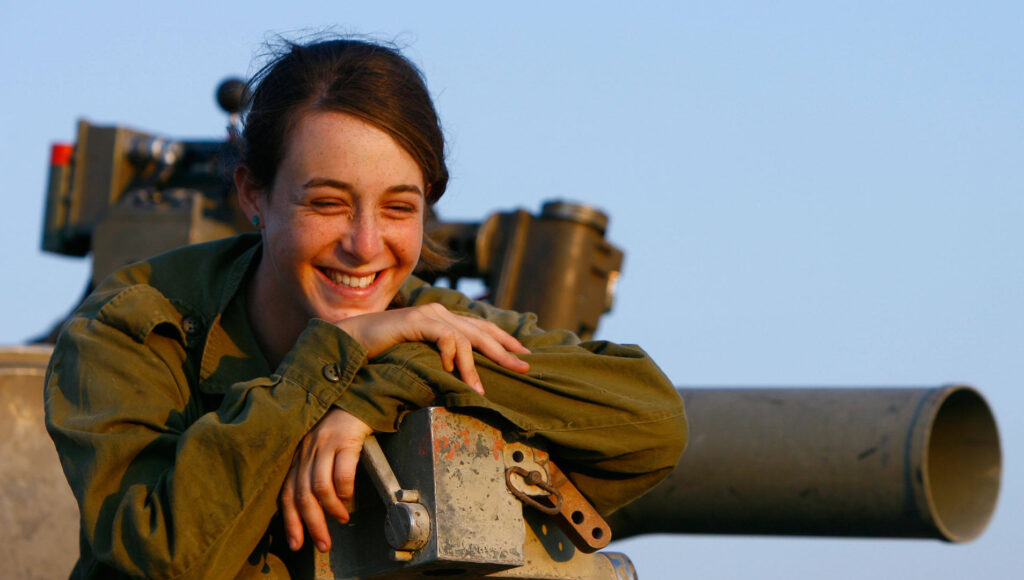
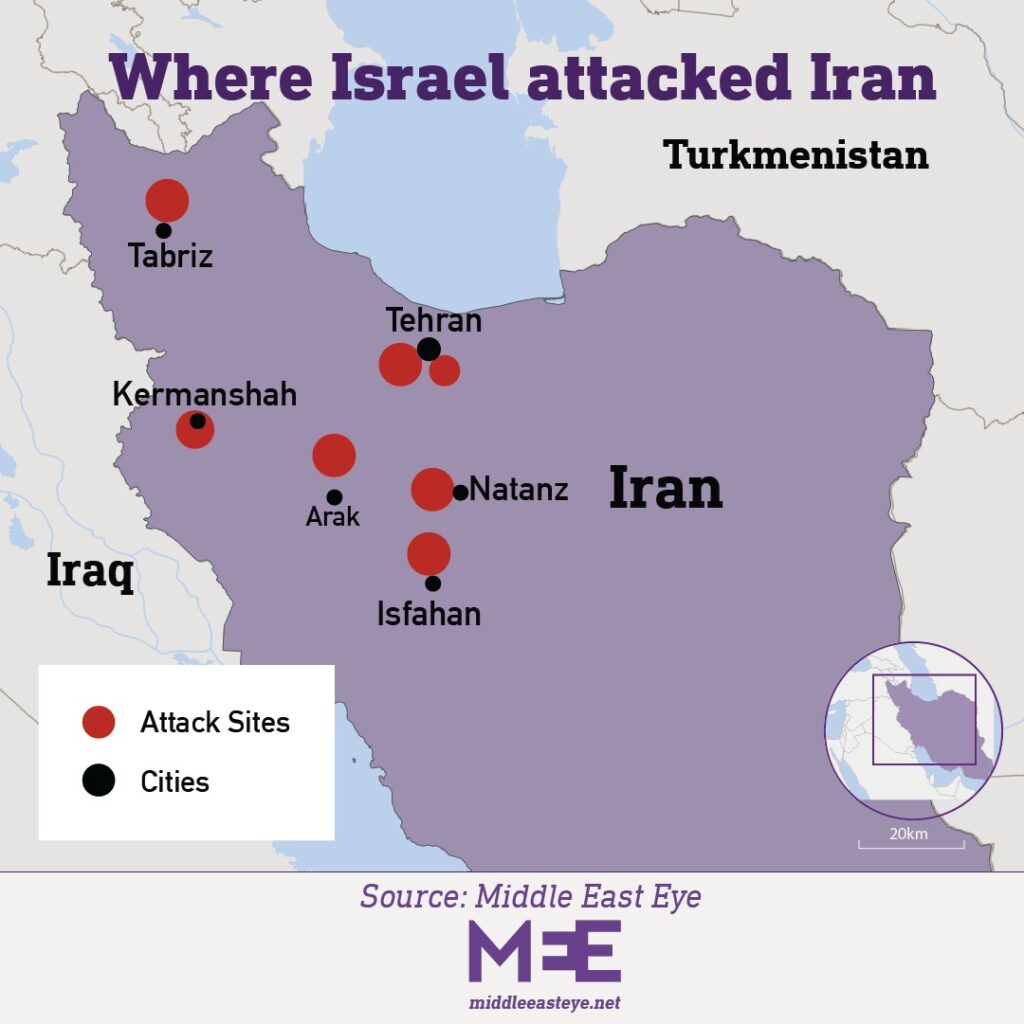
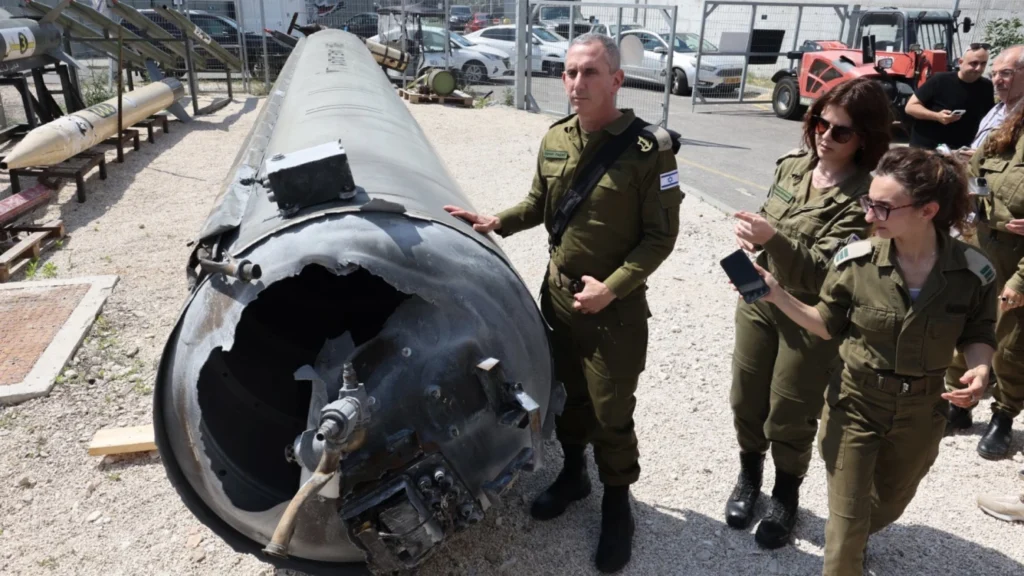
The Israel-Iran conflict could indirectly impact Bangalore’s business brokerage market:
- Economic Uncertainty: Global oil price spikes (e.g., $76.37/barrel) may increase operational costs for Bangalore businesses, particularly in logistics and manufacturing, affecting valuations.
- FDI and Investor Sentiment: India’s FDI drop (96% in 2024-25) could worsen if global instability deters investors, impacting M&A deals in Bangalore’s tech and startup sectors.web:previous_response
Conclusion:
The Israel-Iran conflict is a high-stakes escalation with significant civilian and military tolls, risking a wider regional war. For Bangalore’s business brokerage, it introduces economic uncertainties that could affect deal valuations and investor confidence. Brokers should focus on sectors less exposed to global shocks, like real estate or domestic-focused startups.

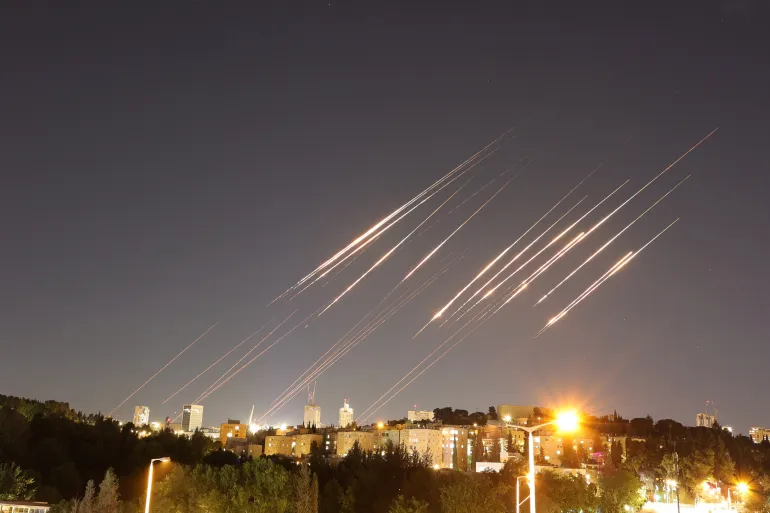
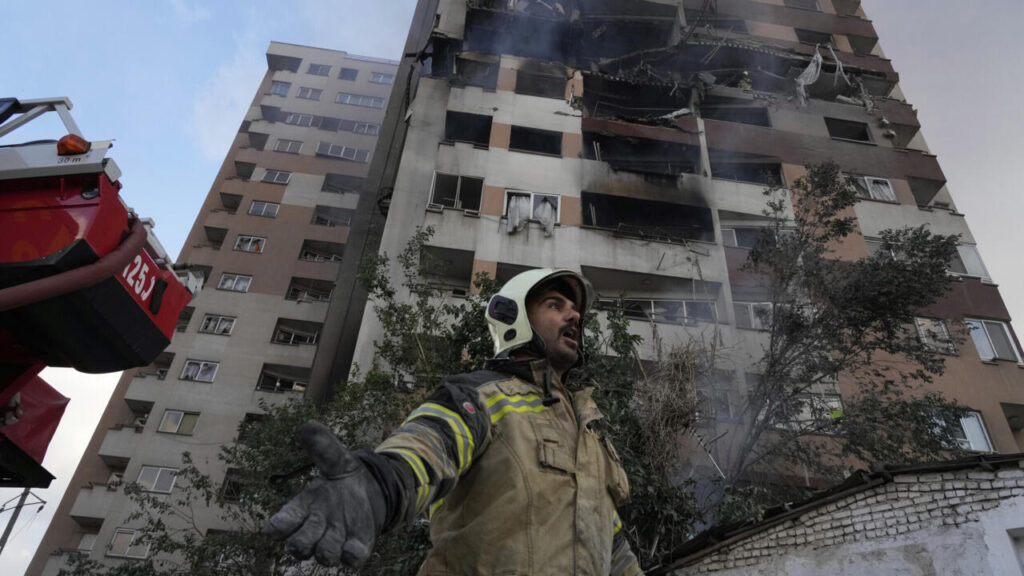
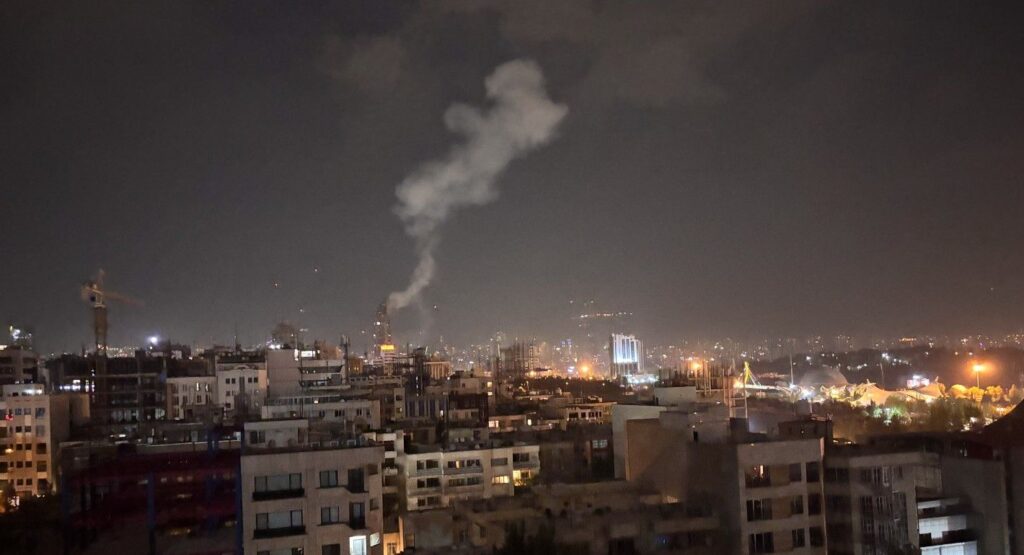
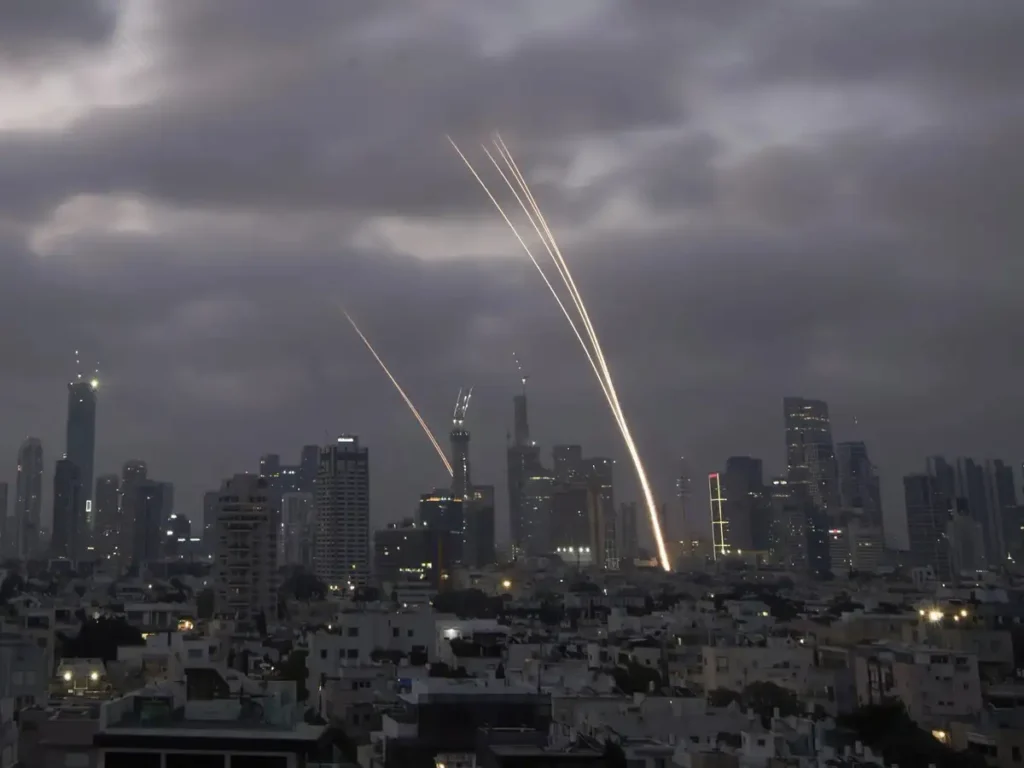
Comments